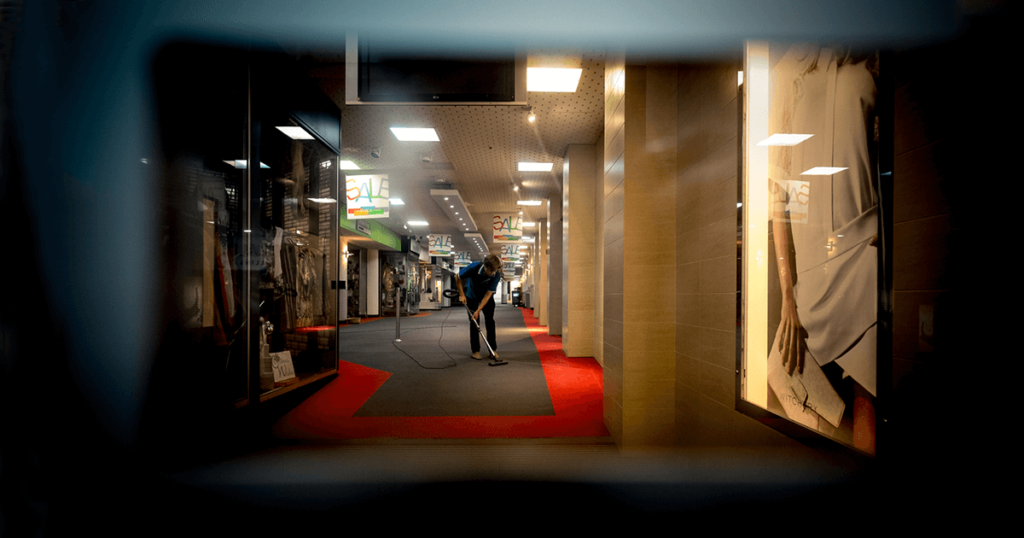
The other night, coming home from dinner, I checked my phone and had a text from my wife—a screenshot of a Facebook post that included a picture of a familiar, young-looking man of barely 60. At that late hour, it took me a moment to realize that the man in the picture was C., who had stood in my living room just a few months ago, as he had countless times over the past several years. C. was an undocumented immigrant from the Philippines. More than that, though, he was one of the hardest working, most punctual, and most conscientious people I have ever met. He and his wife had been living in France for more than a decade, cleaning houses. Their adult daughter was here legally, and C. was proud of that.
When our workloads increased and we first decided we would hire someone to help us keep our apartment straight, I felt embarrassed, even slightly ashamed. It was not how I was raised, and I didn’t mention it to my parents for quite a while, not until after our first child was born. But I felt most ashamed sitting at my desk working—writing, sure, but sometimes checking email, sometimes scrolling the news—when C. was there. From time to time, he would breathe heavily or cough, and I imagined that these sounds were subtle rebukes. Even so, I know that C. badly wanted the work and was glad to have it. He had always worked, he told me, and over the years, he and his wife had saved their euros and bought land and built two homes in the Philippines. “Whenever they kick me out, I’ll just go back to my home,” he’d say. The precariousness of his situation left me uneasy, but I never followed up, never asked if there was anything I might be able to do. He’d simply smile and say it was fine him, and I’d leave it at that.
One day, less than a year into Emmanuel Macron’s presidency, C. was stopped on the Metro, and his life in France came to an end. So long as I live, I will never forget the letter he left us giving his notice. He thanked us for the opportunity and said it had been an honor to work in our home, as though we had done anything more than take advantage of the same monstrous geopolitical imbalance that all of our friends and neighbors, to varying degrees, also benefitted from. We tried to be nice, we tried to make him feel welcome, to tip him as well as we thought we could at the holidays and before he left—but how much is that worth, really?
The thank-you note that he left on the dining room table brought tears to my eyes. I could barely read it. On the other hand, the sad part was also the bright side, my wife and I told each other: C. was going home now, and he would finally enjoy the fruits of his thrift and labor. But the idyll was doomed from the start, and it turned out the heavy breathing and the cough were not rebukes in the least. C. had died, as my wife’s text informed me. He got to live in his own home for less than six months.

